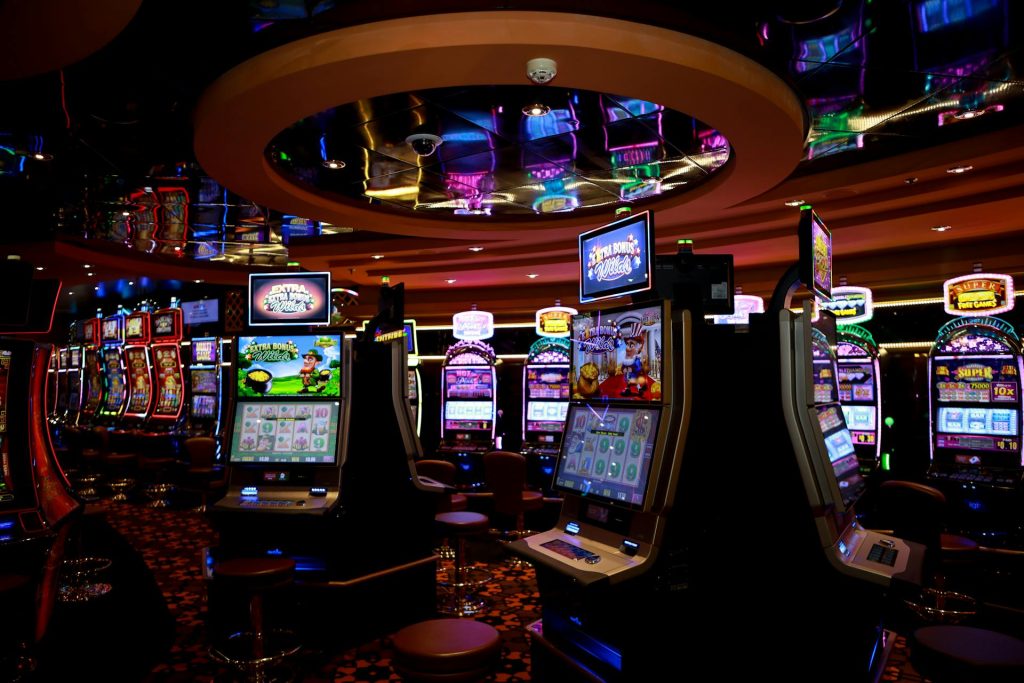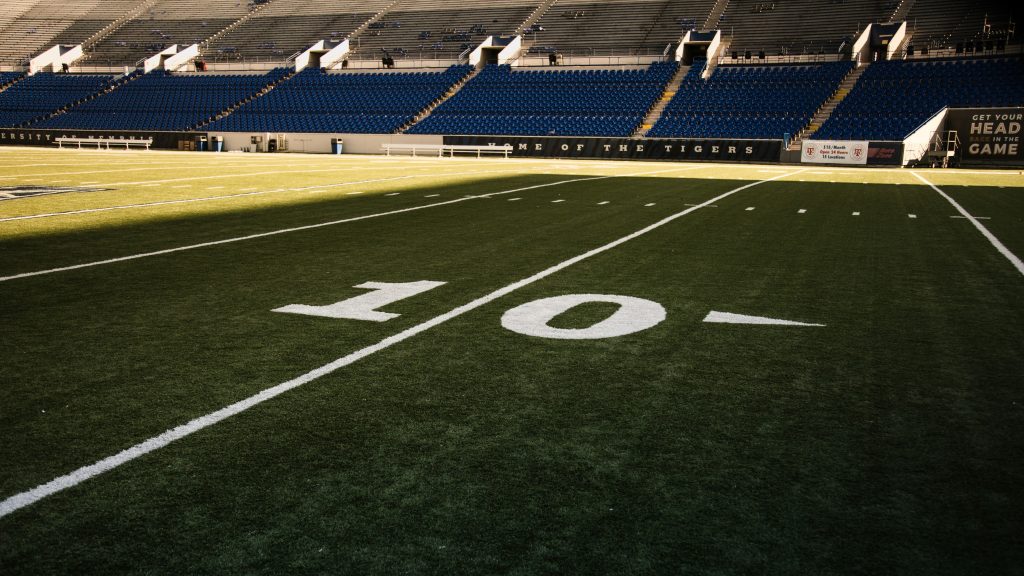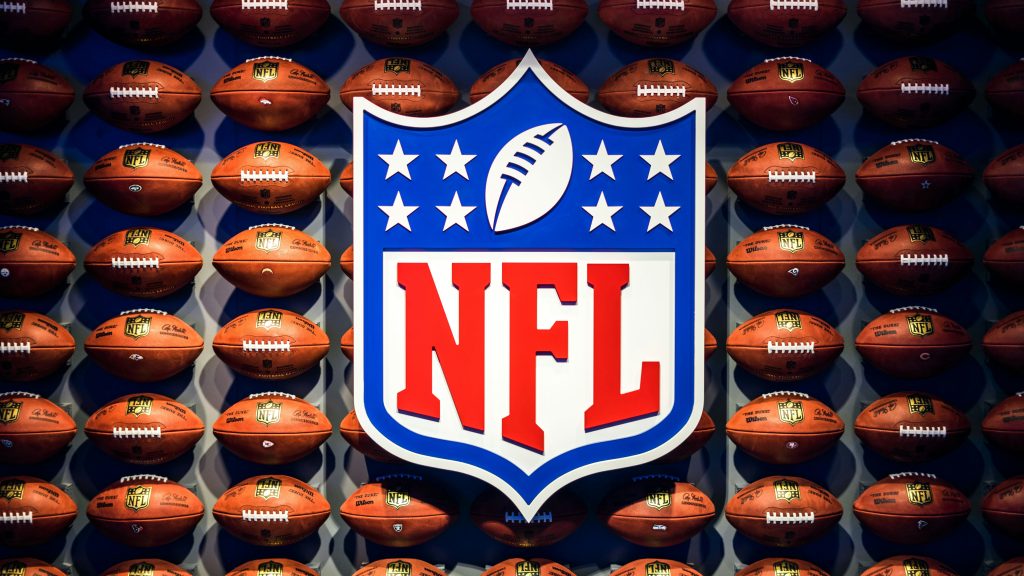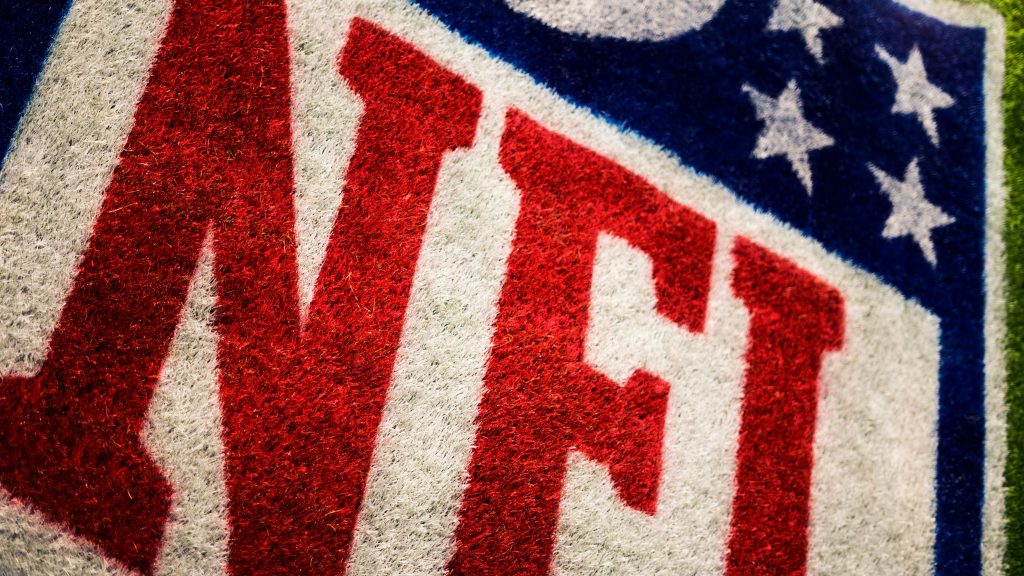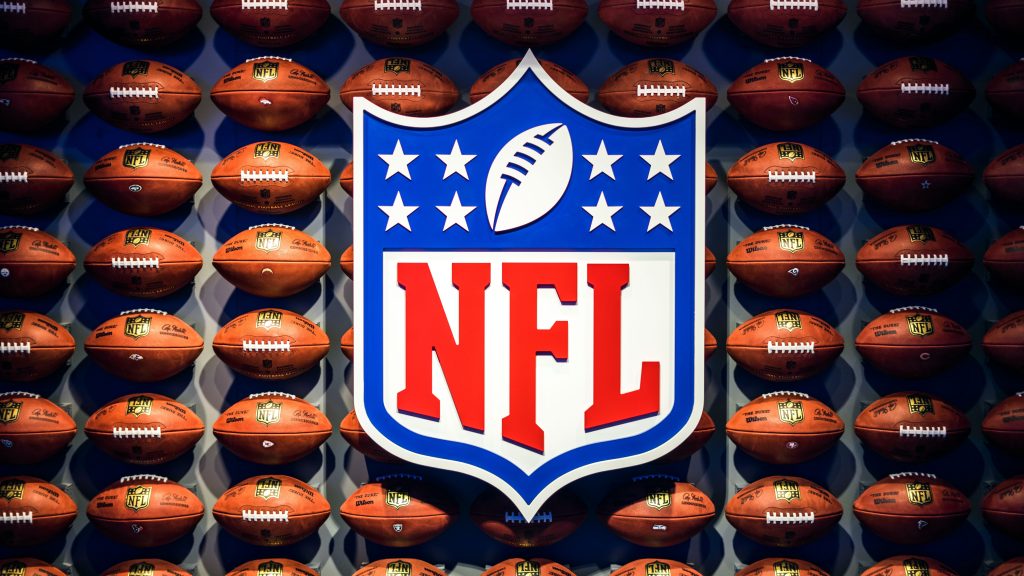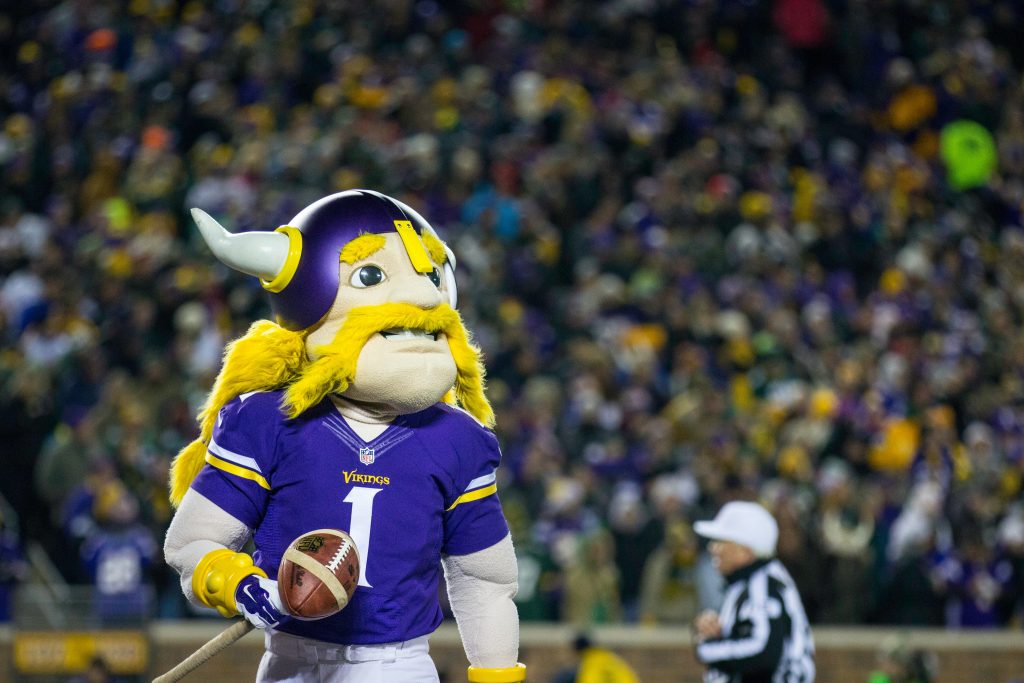The NFL’s massive television deals, extravagant halftime shows during the Super Bowl, and star-studded commercials have blurred the lines between athletic pursuit and commercial enterprise. With larger-than-life personalities like Tom Brady and Odell Beckham Jr., captivating storylines both on and off the field, and an ever-growing emphasis on spectacle over pure athleticism, it begs the question: Is professional football more about thrilling entertainment or genuine athletic achievement? In this article, we will delve into this complex issue to uncover whether the NFL truly represents sport at its core or if it has become an elaborate form of entertainment tailored for mass consumption.
The NFL: A Sport or Entertainment Business?
The NFL occupies a unique space at the intersection of sport and entertainment, blurring the lines between the two. While its core product is undoubtedly the game of football, the league’s massive TV deals, high-profile halftime shows, and star-studded Super Bowl events underscore its status as an entertainment powerhouse. This duality raises intriguing questions about how we define sports in today’s society. Is it purely about athletic competition, or does it also encompass spectacle and showmanship? The NFL’s ability to draw in audiences with gripping storylines, larger-than-life personalities, and grandiose productions suggests that it has successfully positioned itself as both a sport and an entertainment business.
The evolution of the NFL from a purely competitive endeavor to a full-fledged entertainment industry reflects broader shifts in consumer behavior. Fans are increasingly drawn not only to the action on the field but also to the off-field narratives and experiences offered by the league. As such, defining the NFL solely as either a sport or an entertainment business overlooks its multifaceted nature. It is more accurate to view it as a hybrid entity that leverages athleticism for dramatic storytelling and compelling content creation. Embracing this complexity allows us to appreciate how the NFL has effectively integrated sports and entertainment into one cohesive package that captures hearts and minds across diverse demographics.
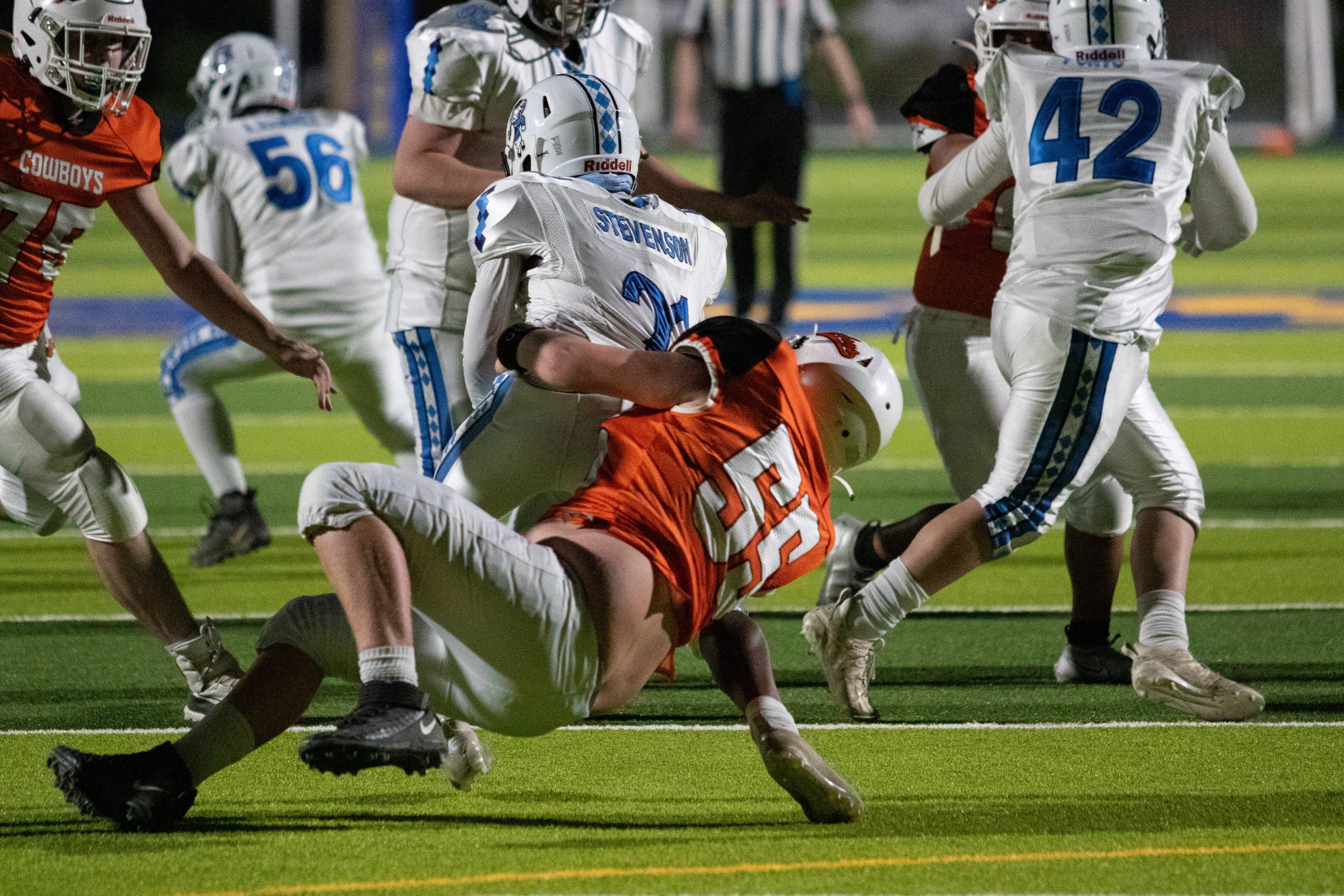
History of the NFL
The history of the NFL is an intricately woven tapestry of triumphs and challenges that have shaped American sports culture. Dating back to its humble beginnings in 1920, the league emerged as a response to the growing popularity of professional football. Over the decades, it has evolved from a niche gathering of teams into a behemoth of American entertainment, boasting massive TV ratings and a global fan base. However, the turbulent history of the NFL includes controversies such as player safety concerns, labor disputes, and high-profile scandals, underscoring its complex journey from sport to business.
Furthermore, key moments like the 1970 merger with the AFL and groundbreaking advancements in technology and marketing have solidified its status as more than just a sport—it is now an entertainment empire. As billion-dollar broadcasting deals are signed and luxury stadiums rise to prominence across the country, one cannot deny that behind every touchdown and game-winning play lies an intricate web of business strategies and revenue-generating decisions. From black-and-white television sets to live streams on mobile devices, the evolution of NFL signifies not only an innovative approach to modern-day sports but also poses thought-provoking questions about where true sporting spectacle ends and commercial enterprise begins.
Evolution of the NFL
The evolution of the NFL is a multifaceted journey that has reshaped the league from a pure sport to a full-fledged entertainment powerhouse. Historically, the game’s emphasis was on strategy and physicality, but with the rise of television and marketing, it has morphed into a spectacle that transcends traditional sports. The integration of technology has not only revolutionized gameplay but also amplified fan engagement through fantasy football leagues, digital streaming services, and interactive mobile apps. These advancements have redefined how we consume football and blurred the lines between sport and entertainment.
Furthermore, the increased focus on player safety and diversity initiatives signifies a shift in values within the NFL. It has become an influential platform for social justice movements, leveraging its widespread influence to advocate for change both on and off the field. As commercialization continues to drive revenue streams, navigating this delicate balance between athleticism and showmanship remains pivotal for the NFL’s future success. Ultimately, this evolution underscores the dynamic nature of professional football as it adapts to meet modern demands while retaining its core spirit of competition.
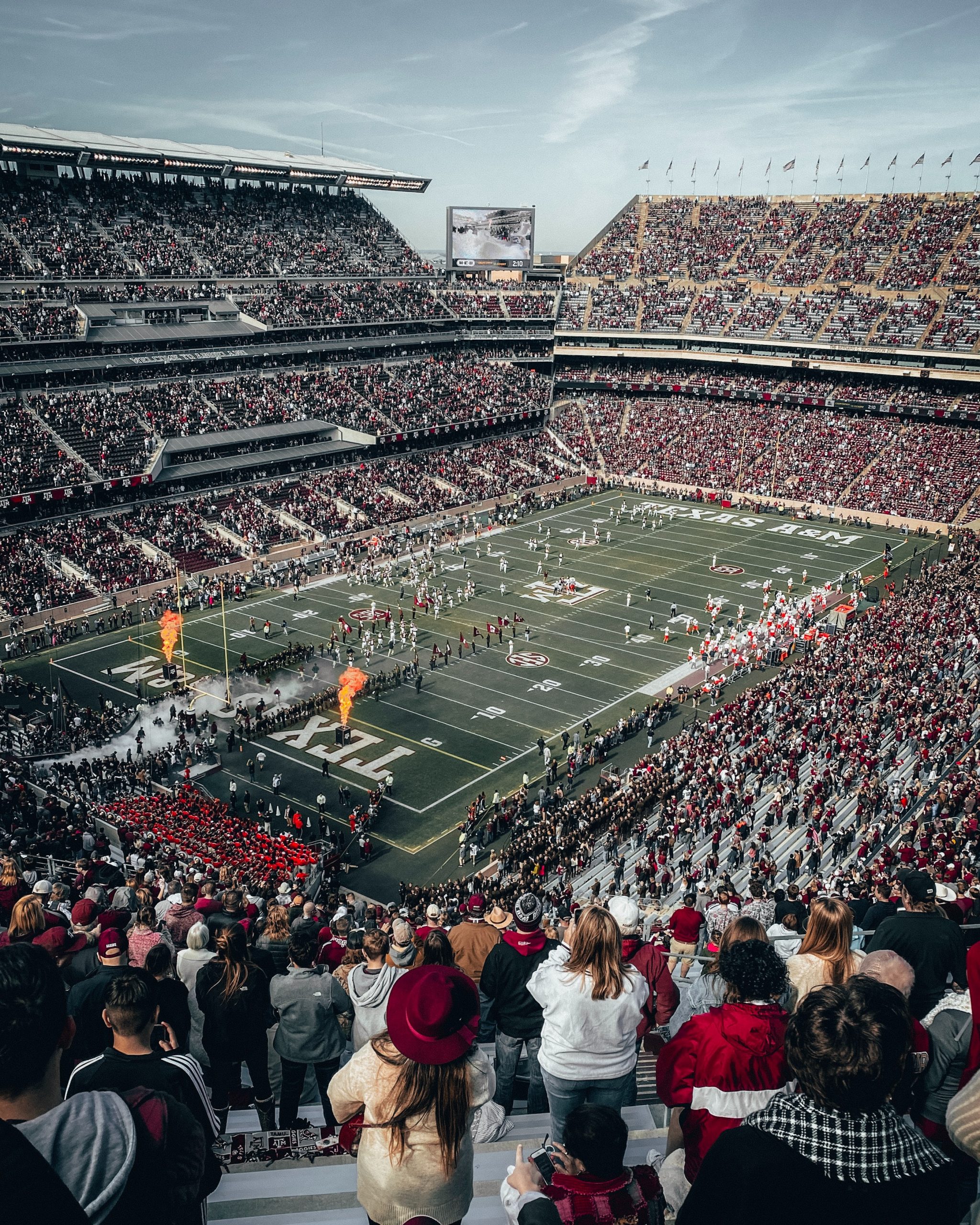
The Business Side of the NFL
The business side of the NFL is a fascinating and intricate world that often goes unnoticed by casual fans. From lucrative television deals to high-stakes sponsorships, the league operates as a multi-billion dollar entertainment enterprise. Behind every touchdown and tackle lies a strategic business decision, whether it’s expanding to new markets or negotiating player contracts. The NFL has successfully positioned itself as not just a sports league, but as a full-fledged entertainment spectacle that captivates millions of fans worldwide.
At its core, the NFL is driven by revenue generation, from ticket sales to merchandise and advertising opportunities. The league’s ability to attract corporate partnerships and secure broadcasting rights contributes significantly to its financial success. With billion-dollar valuations for franchises and soaring player salaries, it’s clear that the allure of professional football extends far beyond the field – it’s an empire built on business savvy and commercial acumen.
As we delve deeper into the intricate web of deals, negotiations, and marketing strategies that underpin the NFL’s operations, we begin to appreciate how much more than just a game this modern-day behemoth truly is. Every aspect of the NFL is meticulously engineered for maximum commercial impact – from halftime shows to sponsor activations – making it undeniably one of the most powerful entities in today’s global entertainment landscape.
Entertainment Aspects of the NFL
The entertainment aspects of the NFL go far beyond just the game on the field. From halftime shows at major events like the Super Bowl to celebrity appearances and star-studded performances, the league has mastered the art of providing a full-scale entertainment experience for its fans. The NFL’s ability to create a spectacle around games has transformed it into a major form of entertainment in its own right, attracting both sports enthusiasts and casual viewers alike.
In addition to on-field action, off-field drama and narratives also play a significant role in captivating audiences. The intense rivalry between teams, player controversies, and behind-the-scenes stories all add layers of drama that engage fans throughout the season. This mix of athleticism, showmanship, and narrative intrigue ensures that the NFL is not just about football but is also a compelling source of entertainment that continues to capture global attention.

Controversies Surrounding the NFL
The NFL has long been a source of controversy, with issues ranging from player protests during the national anthem to concerns about player safety and the handling of domestic violence cases. These controversies have sparked heated debates among fans, players, and officials alike, shining a spotlight on the complex intersection between sports and societal issues. While some argue that the NFL should stick to sports and entertainment, others believe that it has a responsibility to address social and political issues due to its significant influence in American culture.
One of the most contentious issues surrounding the NFL is its handling of player protests. The decision by some players to kneel during the national anthem as a form of protest against racial injustice unleashed a firestorm of debate, with opinions divided over whether such actions are appropriate within the context of professional sports. Additionally, ongoing concerns about head injuries and long-term health effects for players have raised questions about the league’s commitment to prioritize player safety over financial gain. These controversies underscore the intricate relationship between sports as entertainment and their impact on wider social discourse.
As we navigate through these contentious topics surrounding the NFL, it’s essential to recognize that professional sports leagues like the NFL cannot divorce themselves entirely from broader societal issues. Their reach extends far beyond just providing entertainment; they serve as platforms for shaping cultural conversations and influencing public opinion. Therefore, understanding how these controversies intersect with questions of sport versus business sheds light on the complex role that organizations like the NFL play in today’s society.
Conclusion: Balancing Sport and Entertainment
In conclusion, the debate over whether NFL is a sport or an entertainment business ultimately boils down to its ability to balance the two aspects. The NFL’s success lies in its ability to offer a thrilling and competitive sporting experience while also captivating audiences with entertainment value. This delicate balance can be seen in the way the league incorporates elements of showmanship and spectacle into the game, from elaborate halftime shows to engaging social media campaigns.
Furthermore, as sports continue to evolve alongside technological advancements and changing consumer behaviors, maintaining this equilibrium will remain crucial for the NFL’s continued success. Embracing new forms of entertainment while preserving the integrity and competitiveness of sport will be vital in attracting and retaining diverse audiences. Ultimately, finding creative ways to intertwine sport and entertainment will ensure that the NFL remains relevant and engaging in an ever-evolving media landscape.


